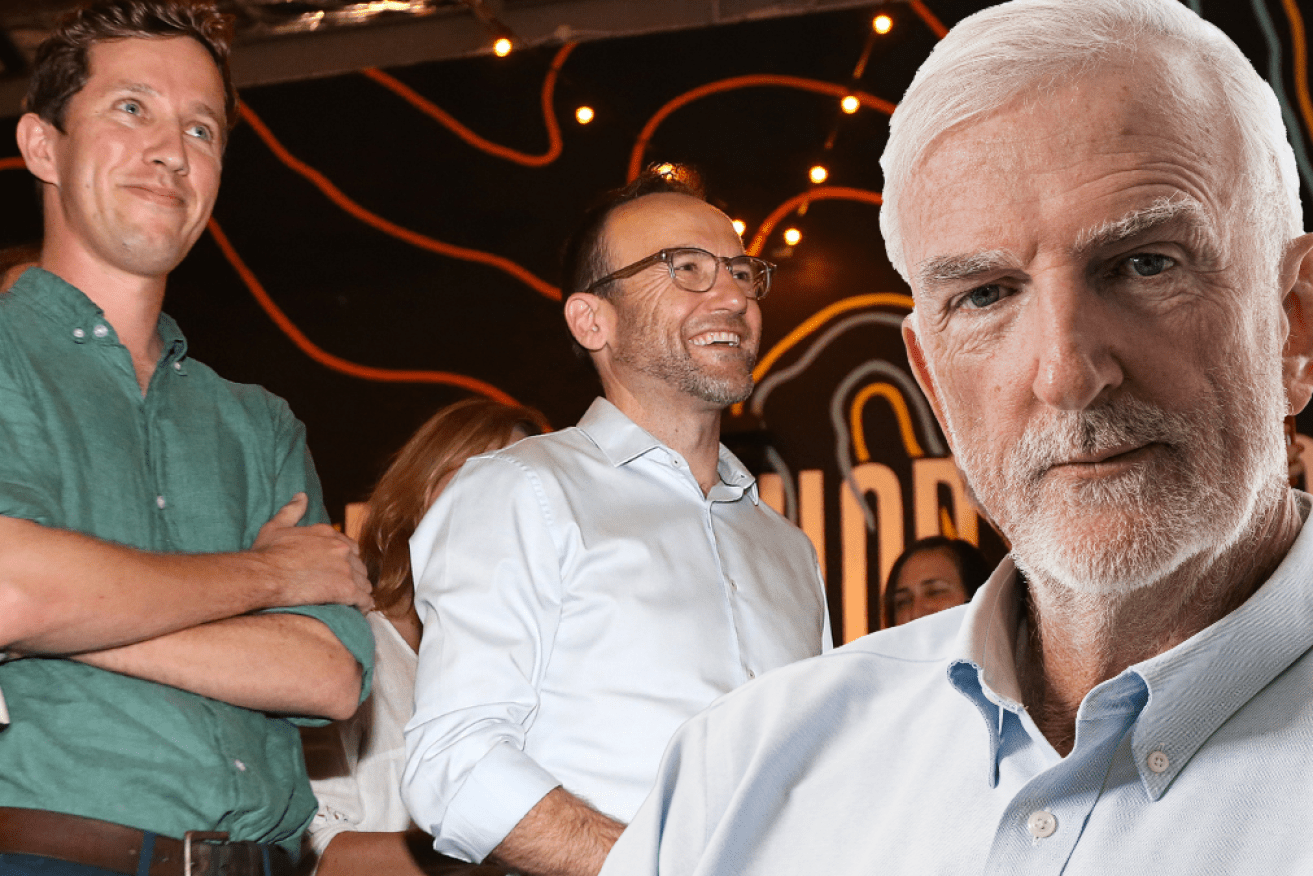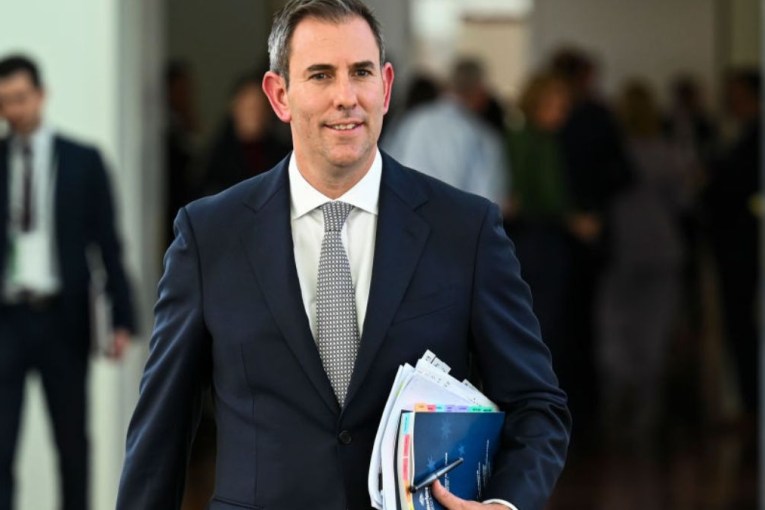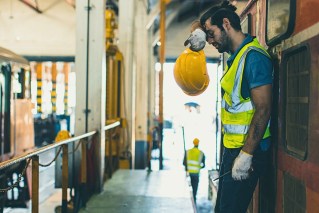Michael Pascoe: The Greens’ HAFF-witted bid to make a complete farce of housing policy


Do the Greens want more voters or more housing? asks Michael Pascoe. Photo: TND/AAP
“It feels like we’ve won, lads,” England’s cricket coach, Brendon ‘Baz’ McCullum, told his team after it lost the first Test this week.
“We played all the cricket in the game. If it wasn’t for us, the Australians wouldn’t have even had a chance to win.”
And if the horse that came first hadn’t won, the horse that came second would have – and so on.
Passing strange, you might think, but not as strange as the hole the Greens are digging on providing more affordable housing.
Unlike the English cricket team, the Greens have actually had a couple of good wins, significant wins even.
The Greens have forced the Albanese Government to immediately spend an extra $2 billion at the very sharpest end of the housing crisis and guarantee at least $500 million a year would flow to community housing providers if its Housing Australia Future Fund (HAFF) gets up, as opposed to the original waffly “up to $500 million” depending on the fund’s investment performance.
Working hard for a loss
But having scored those wins for affordable housing, the Greens are working hard for a loss by blocking the HAFF, demanding a freeze on rent increases and a cap on rent increases. (Nothing like capping something frozen to make sense.)
After a couple of failed referenda over the past century, the Federal Government clearly doesn’t have the power to do such things even if it wanted to, but the Greens think all the states would happily agree if Mr Albanese offered to split another $1.6 billion between them.
This displays a lack of contact with the real world beyond that of even Baz McCullum.
There is more chance of Wisden recording England as winning the first test than the states imposing a two-year rent freeze.
While it no doubt sounds attractive to the third of Australians who rent the roof over their heads, the neo-liberals are correct on this occasion in warning it would reduce the supply of housing; it would be unfair to the landlords who have not increased rents in recent years or only modestly increased them and, bottom line, no state government – beholden as they are to landlords and developers – would be game to do it short of another COVID-style existential threat.
A cap on rent increases, such as that operating in the Australian Capital Territory, could be a good temporary measure while inflation is too high for the RBA’s liking, but it is a state issue – take it up with the states.
Holding the HAFF hostage
Holding the HAFF hostage is a wrong-headed way to go about it.
As regular readers would know, I am increasingly attracted to the possibilities of price controls as the shortcomings are exposed of relying on increasing unemployment as the only means of lowering inflation.
Such controls helped Switzerland record inflation of 2.2 per cent in the year to May.
Colleague Kohler would like to at least revive Alan Fels’ media skills for naming and shaming.
And I have never been a fan of the HAFF – Labor’s election gimmick housing fig leaf.
But in the real world, in the art of politics, there comes a point when less than perfect offerings have to be accepted, when even second-rate policies like the HAFF should be passed.
When the coalition of peak Indigenous bodies and every community housing body – through the self-interest of at least getting something down the line – are begging for the HAFF to pass, the Greens’ intransigence looks more about its political desire to harvest the votes of young renters than to provide more housing.
The Greens’ housing media star, Max Chandler-Mather, is rapidly turning his wins – including the childish “gambling on the stock market” line – into losses.

Greens MP Max Chandler-Mather. Photo: AAP
It’s a bad look when you provoke an Australian Financial Review editorial to write favourably about Mr Albanese, as it did on Friday:
“Writing in the left-wing Jacobin magazine, Mr Chandler-Mather said that ‘allowing the HAFF to pass would demobilise the growing section of civil society that is justifiably angry about the degree of poverty and financial stress that exists in such a wealthy country’.
“So, a housing problem that Mr Albanese urgently wants to fix is for the Greens a bit of Leninist agitprop: The worse things become, the easier it is to foment rebellion among the masses, the conscripts in the new Green-Marxist class struggle. That enraged a Labor leader who needs to deal with the real-life housing stress for millions of Australians.”
I’m not convinced how much priority Mr Albanese or any state government is really giving to solving the housing crisis on its several levels.
The history of the past few decades suggests none of them is to be trusted as they have steadily unloaded public housing responsibilities onto community housing groups and, at best, let the public and social housing stagnate as the population grew and needs surged.
A state problem, too
Just in the past decade, as our population grew by 12.3 per cent, our combined public and community housing dwellings only increased by 3.4 per cent.
And some states were worse, much worse, than others. South Australia, which currently has a vacancy rate of 0.4 per cent (i.e. effectively no vacancies) has reduced its number of public and community housing dwellings by 4.3 per cent since 2013.
The vacancy rate in WA, our richest state, is only marginally higher at 0.7 per cent. Public and community housing dwellings have fallen 3.8 per cent since 2013 and have plunged 7.8 per cent from their peak in 2017 and 2018.
While various states are scrambling for announcements on housing projects of one sort or another, vagaries about total numbers and timing are the norm, particularly when they continue to try to outsource their responsibilities on the cheap through deals with developers.
The Federal government’s Greens-inspired $2 billion injection is on the understanding that it will be used quickly for extra homes, not fund projects the states were already doing – if the states can be trusted.
Changing the poor practices of the past is hard for incumbents, but also for fresh governments.
It has been reported under the new NSW Government’s carrot of extra height and density for developments with 15 per cent “affordable” housing, developers could charge market rents or sell off the units after 15 years – which would clearly be another policy failure if anyone was serious about housing.
NSW Housing Minister Rose Jackson told TND that has not been decided yet – it was a matter of “consultation” with departments and the industry.
Ms Jackson did give an undertaking that 30 per cent of any housing development on state land would be for permanent public housing and that the NSW Land and Housing Corporation would no longer be self-funding – a policy that had led it to sell off public housing.
The corollary of that change is the government will be required to inject funds. We won’t know how genuine it is until the September budget.
Ms Jackson points to the 60,000 people on the waiting list for social housing. She believes that understates the problem as many people don’t bother to join the list, viewing it as hopeless.
Taming the housing beast
But social housing isn’t just about the homeless and those suffering rental distress (“stress” doesn’t cover it). It’s about taming the housing beast that is destroying Australia.
The only sure way to increase supply – and thus tame rents and prices – is for direct large-scale government investment, to be proud of public housing again.
Leaving it to “the market” – not the developers’ usual whinge about zoning and red tape – is what has led to this disaster.
Perhaps what politicians don’t want to admit is that the assumption of the past few decades – that housing as an asset class will perform at least as well as the stock market, continuing to surge ahead of the inflation rate and household income growth – is not sustainable.
If the Greens can concentrate on the problem instead of votes, they might be able to record more wins.








